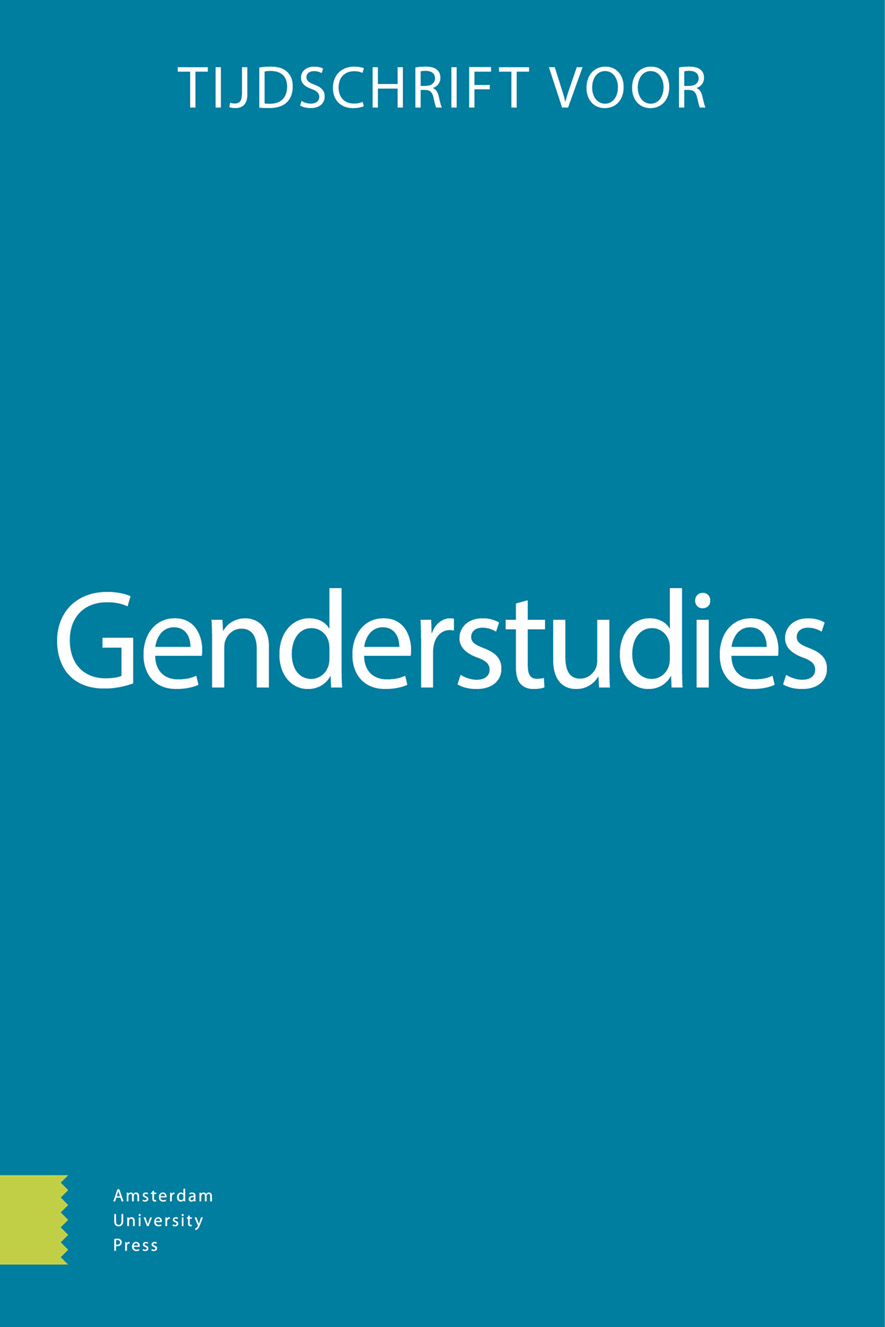-
oa Strategisch pendelen tussen gestolde categorieën en fluïde identiteiten
Dynamische verschillen in de zorg begrijpen en onderzoeken vanuit intersectionaliteit
- Amsterdam University Press
- Source: Tijdschrift voor Genderstudies, Volume 18, Issue 4, Dec 2015, p. 433 - 450
Abstract
Differences in health and illness between men and women appear high on the political and research agenda in Netherlands as well as in the international arena. Gender medicine is an emerging field in which attention is paid to sex and gender in health and healthcare, mostly as homogenous fixed categories of difference in particular sex difference. Such a categorical approach is useful and necessary to answer certain questions in medicine and in health care. The knowledge agenda Gender and Health (ZonMW, 2015) is one example of how categories can be put forward in constructive ways. However, we also urge health researchers to reconsider a single use of fixed categories and a single focus on sex/gender in health research. A multiple, dynamic intersectional approach aims to study intersections of sex and gender with each other and with other dimensions of difference, such as ethnicity or class. Fluid and more complex identities of people and communities and their health must be accounted for as well. An intersectional perspective offers insight in the relationship between health, identities, and society, and helps to gain an insight in health disparities between and within groups. Besides, an intersectional perspective offers insight into the unique experiences and needs of health care users, including those with intersectional invisibility. An elaborated choice for studying categories by identifying which categories are salient to which health care problem must be made. Adding intersectionality to participatory action research (PAR), which both share the basic values social justice and reflexivity, is one way to study group intersections and health(care). Besides, such research shares its basic tenets with gender-specific medicine: empowerment and contextualisation of health problems. Aim of such research is to critically study and transform practices and improve health and health care by forming alliances between stakeholders at different social locations. A participatory action research project exemplifies how we used an intracategorical intersectional approach to increase knowledge on genetic risk and reproductive options for migrant women, many of them married to their (second) cousin. We meander strategically between fixed categories and fluid identities, in which categories are recognised and used while at the same time being deconstructed and crossed-over. Using categories and forming alliances can fuel social change. In order for diversity to be genuinely transformative, joint critical reflections of all stakeholders on daily processes of normalisation and on dominant norms about gender and other dimensions of diversity can make a difference in health and care.


